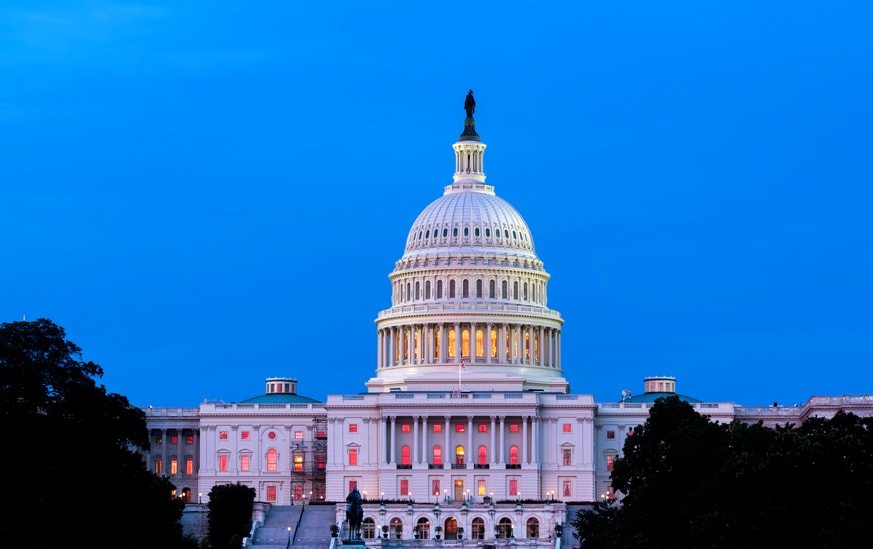
The House of Representatives passed a bill that would allow startup employees to defer the tax owed on exercised stock options for up to seven years. The bill, H.R. 5719: Empowering Employees through Stock Ownership Act, would go a long way to support the startup ecosystem by making it easier for employees of private companies to hold on to valuable but illiquid stock.
A Problem Exacerbated Because Startups Delay Going Public
Startups decide to remain private for longer than ever before. It took six years for a startup to go public in 2005 compared to ten years today, according to research firm PitchBook. This creates a scenario in which employees exercise their options and pay taxes on the increase in value out of their own resources because the stock cannot be transferred at fair value (there is no public market for it).
The current tax code applied to startup employees is unforgiving, leaving them to choose between exercising their options and paying additional taxes out of pocket or forego some or all of their stock options. You can learn about the current tax treatment of stock options by reading this post Stock Option: The Differences Between an ISO and an NSO.
In contrast, the stock options of employees of publicly traded companies pay for themselves because they can sell a portion of their stock on the public market to pay for their taxes.
The Key Features of Empowering Employees through Stock Ownership Act
- The taxes would not need to be paid for seven years (or until the company goes public or another triggering event occurs such as a stock buy-back.)
- The CEO, CFO, the four highest paid employees, and owners of at least 1% of the company are not eligible for this beneficial tax treatments: the law is meant to benefit employees only, not founders, top execs. or investors.
- The startup is required to grant stock options to at least 80 percent of its employees.
- The election is only available to employees of corporations, not LLC.
- To take advantage of this tax treatment, startup employees would need to make an election under the newly minted section 83(i) within 30 days of the exercise date (not to be confused with the 83(b) election).
- The employees would be precluded from making an 83(b) election (which can be applied to stock options although its primary beneficiaries are holders of restricted stocks.)
This tax deferral bill is a step in the right direction that supports startups and entrepreneurs. The bill enjoys a fair amount of bipartisan support and was passed by the House of Representative in a 287-124 vote. It will go to the Senate next for consideration.

